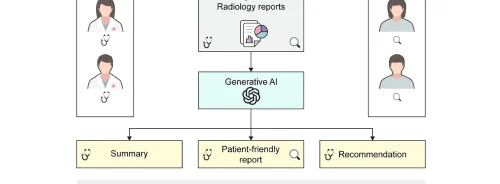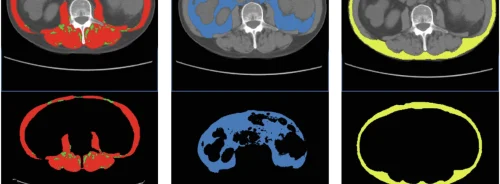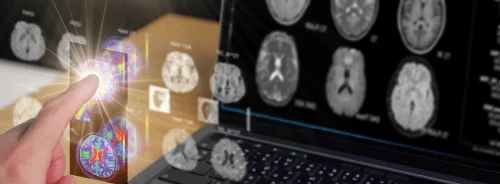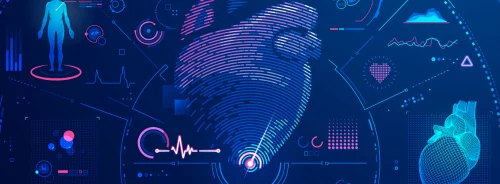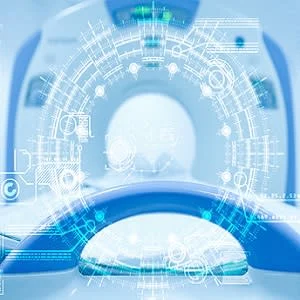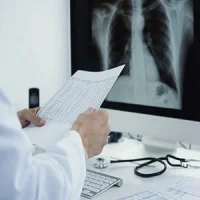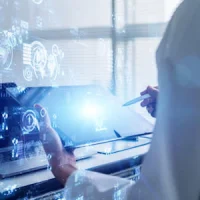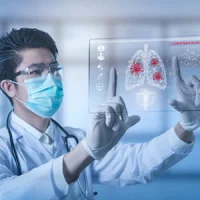In a joint session of the EFRS and the ISRRT at #ESC2020 Digital Congress, speakers from the UK, Ireland and the U.S. talked about Artificial Intelligence and the radiographer profession.
Over the years, there has been a significant discussion on artificial intelligence (A.I.) and the role of the radiologist. Radiographers play an important role in healthcare because they are the bridge between doctors and patients. However, their profession is often overlooked, especially when it comes to artificial intelligence and its impact on radiographers.
Nicholas Hans Woznita of the U.K. summarised the existing evidence of the impact of A.I. on radiographers and highlighted the risks and benefits of using A.I. in clinical practice. He also talked about the many opportunities that A.I. presents in the development of a radiographer's role in healthcare.
Adrian Bracy of Ireland discussed the ethical controversies related to the introduction of artificial intelligence in medical imaging and provided an in-depth overview of the professional and legal implications and emphasised on the need to have a code of conduct with respect to A.I. and medical imaging.
Maryann Hardy of the U.K. spoke about A.I. and training programmes and discussed elements that students need to know about A.I. because A.I. can really supplement radiographer education, and students need to know how they can work effectively with integrated A.I. She emphasised that radiographers need to evolve and become more familiar with new technologies because only then clinical centres will be able to employ artificial intelligence within the realm of medical imaging.
Melissa Jackowski of the U.S. discussed how radiographers could contribute towards the development of A.I. in medical imaging and some of the barriers that can hinder the implementation of A.I. in clinical practice. She also explained that radiologists and medical imaging and radiation therapy professionals need to understand each other's roles and need to work together. As per findings from a 2019 national study conducted by the ASRT, A.I. already has an impact on the radiographer's daily practice. 18% of respondents said that they use AI/ML/automated features on their equipment all the time, while 35% said that they use it most of the time. Only 10% said that they rarely use it clearly demonstrating that A.I. is already an integral component of a radiographer's daily practice.
Source: ESR Connect Live Stream
Image Credit: iStock

